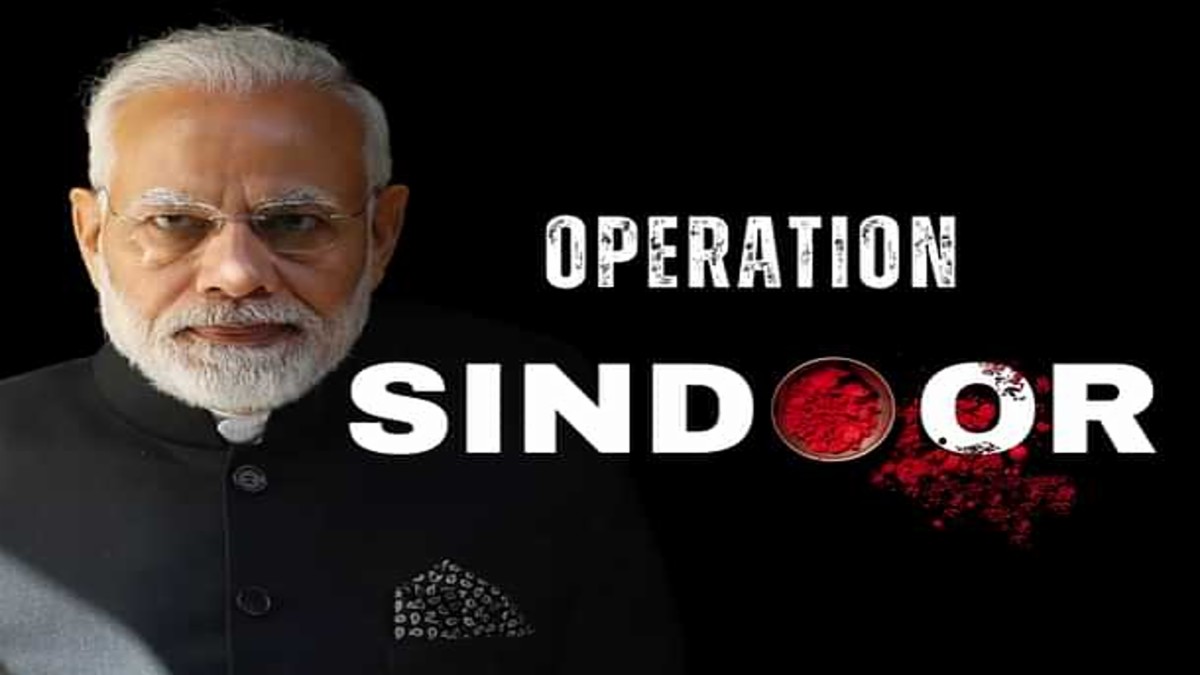Article Body
Madhubani, Bihar | April 24, 2024 — Under the sharp sun of north Bihar, in a district known more for Mithila paintings than military metaphors, Prime Minister Narendra Modi climbed onto the stage with a look of steely resolve. As the crowd swelled in anticipation, what unfolded wasn’t just another election rally — it was a moment of strategic recalibration cloaked in political theatre.
“Aatank ke addo ko dhool mein mila denge,” Modi declared, his voice cutting through the dusty air like a blade. "We will reduce the terror dens to dust."
This wasn’t hyperbole. It was the unofficial launch of what insiders are calling ‘Operation Sindoor’ — a three-day, five-state political and ideological push that fuses domestic outreach with aggressive foreign policy signaling. And it began right here, on the emotionally-charged soil of Bihar.
Why Bihar? Why Now?
The choice of Madhubani wasn’t arbitrary. It’s a place that bleeds symbolism. From cultural richness to borderland proximity with Nepal, it has long been a junction of heritage and geopolitics.
Modi’s rally in Madhubani comes just weeks before crucial phases of the 2024 general elections. But beyond electoral arithmetic, the Prime Minister’s tone hints at something deeper — a recalibration of India’s national security posture, timed with surgical political messaging.
For decades, Bihar has been treated as a bellwether for larger national moods. Today, it also becomes the launchpad for a message aimed squarely at Islamabad.
Decoding ‘Operation Sindoor’
Though not officially acknowledged as such, BJP insiders and analysts have been quick to brand this political swing as ‘Operation Sindoor’. The name, steeped in Indian cultural symbolism, evokes imagery of protection, pride, and sovereignty — often associated with married Hindu women applying sindoor as a mark of commitment and honor.
In Modi’s narrative, the operation isn’t just about attacking terror ideologies; it’s about defending the izzat (honor) of every Indian household. It ties nationalism, security, and culture into one potent cocktail.
Over the next three days, Modi is scheduled to visit five states, launching infrastructure projects, addressing rallies, and — if today’s tone is a clue — continuing to sharpen his attack on cross-border terror sanctuaries.
The Pakistan Undertone — or Overtone?
Modi’s warning to Pakistan is not a new chapter but a familiar chorus, especially during election seasons. But this time, it seems sharper, less diplomatic, and more rooted in domestic emotion.
When asked about the implications, retired Army officer and security analyst Col. (Retd) A.K. Sharma said, “This isn’t just a stump speech. When the Prime Minister uses language like ‘dust of terror dens,’ it’s a sign of operational readiness or, at the very least, psychological warfare.”
He added, “Given recent intelligence reports about terror attempts along the LOC and the political climate, this rhetoric is both preventive and persuasive — to voters and to adversaries.”
Crowds, Cheers, and Chants
As Modi walked off the stage in Madhubani, chants of “Modi-Modi” echoed like festival drums. Supporters waved BJP flags, danced to campaign songs, and some even wept — not from sorrow, but from pride.
Meera Devi, a local school teacher, said, “When Modiji talks, it feels like someone from our home is speaking. We’ve seen fear; now we see courage.”
For others, the development announcements carried weight too. New roadways, rural solar projects, and a proposed AI-powered job training center were unveiled — part of a broader plan to align Bharat’s poorest corners with its digital dreams.
A High-Stakes Balancing Act
But the fusion of foreign policy aggression with domestic campaign trails isn’t without risk. Critics argue that such messaging could escalate tensions or trivialize military discourse for votes.
Opposition leaders, while treading carefully, hinted at performative nationalism. A senior Congress leader (speaking anonymously) said, “We all want national security. But why is every security announcement tied to an election rally?”
Yet the BJP seems unfazed. For them, ‘Operation Sindoor’ is a narrative that marries honor, heritage, and hard power — all rolled into a three-day crescendo across India’s heartland.
What Comes Next?
Modi’s next stops include Uttar Pradesh, Odisha, Jharkhand, and Chhattisgarh — each with its own demographic complexity and strategic need. If Bihar set the tone, the coming days will test whether that tone translates into votes.
Meanwhile, in Pakistan, state media has taken note. Unconfirmed reports suggest increased alertness along the border. Social media in both countries is abuzz — some hailing Modi’s words as “bold leadership,” others worrying about regional escalation.
But for now, the headlines belong to Bihar — where political thunder and military undertones collided in a field of dust, under a slogan soaked in symbolism.
Final Thought: More Than Just a Rally
PM Modi’s Madhubani moment wasn’t just about soundbites. It was a calculated move — choreographed, crowd-tested, and full of cultural resonance. With one phrase, he sparked both nationalistic pride and geopolitical waves.
As India inches closer to election day, ‘Operation Sindoor’ may well define the pitch — a campaign not just for ballots, but for the soul of a nation at a crossroads between progress, pride, and peril.


Comments